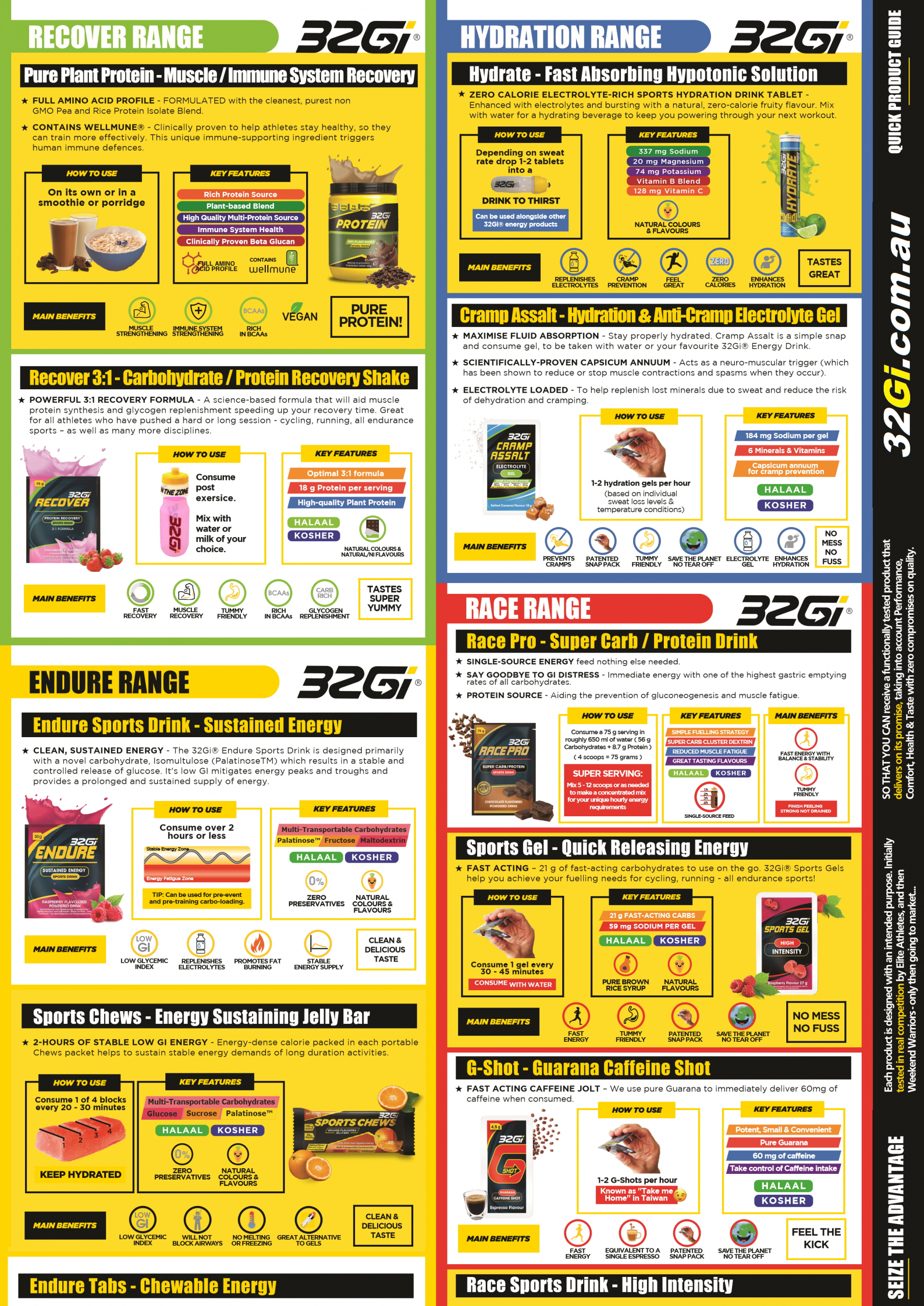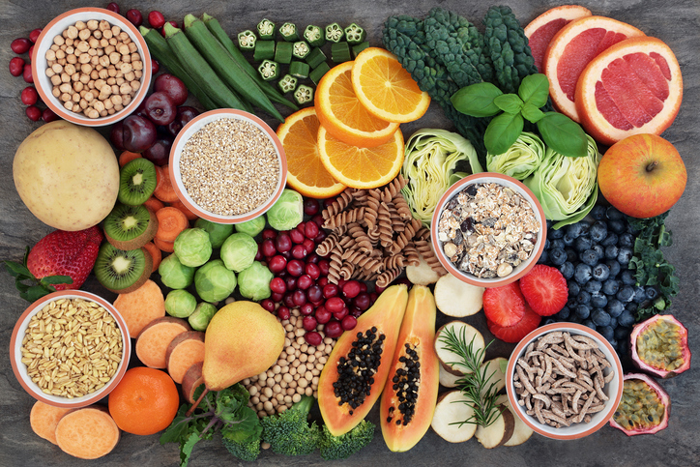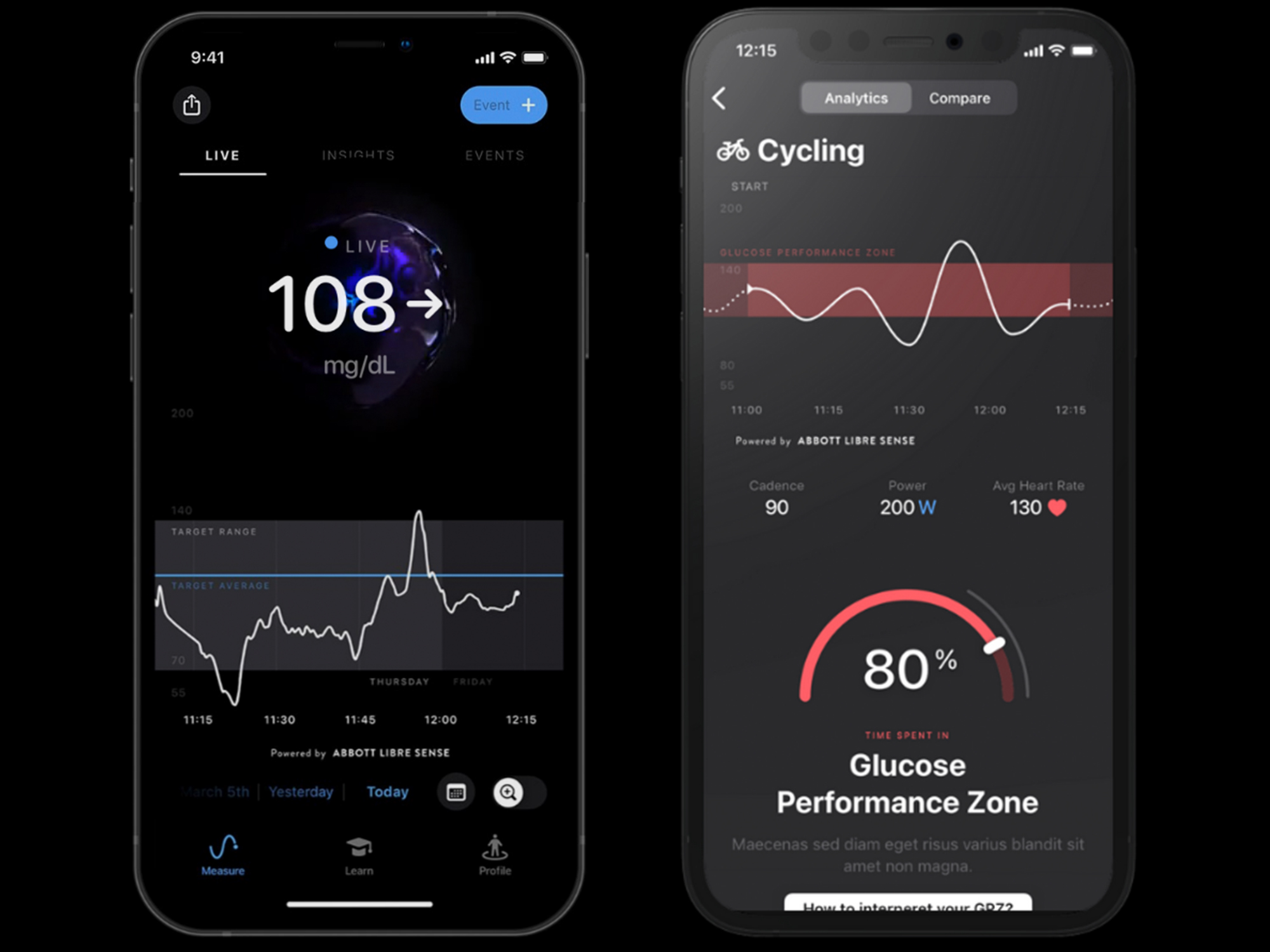Racing Weight
Recently I read an interesting book aimed at endurance athletes called “Racing Weight” by Matt Fitzgerald. It is a complete 6 step plan aimed at being lean enough for peak performance. Below is a summary of my favourite take home points:
Fuel Sources
- Weight management goals are different for endurance athletes compared to non-athletes. For example a low carbohydrate diet can be effective for non-athletes but be a problem for endurance athletes as carbohydrate is the primary fuel source for muscles.
- A low-carbohydrate diet does increase the muscle’s reliance on fat for energy, but in turn reduces the training capacity. If carbohydrate is not replenished after a session performance in subsequent sessions can decrease.
- Carbohydrate is not like fat and protein it is not the building block of any structure in the body. Small amounts are stored in the liver & muscles as glycogen. A sedentary person requires very little carbohydrate as if it is not used it will be stored as fat. A serious endurance athlete may require 2-3 times this amount.
- Athletes with large amounts of body fat tend to burn less fat and more carbohydrate at sub-maximal intensities. This is not beneficial as performance is often predicted by the point at which an athlete can switch between using primarily fat as a fuel source to using carbohydrate. The higher the intensity at which this happens the greater the endurance performance.
- The more an athlete trains, the more carbohydrate they need to maintain performance. The body can store 800g of carbohydrate but will burn it at a rate of 1g/minute during moderate exercise.
Optimal Performance Weight
- Your optimal performance weight is the weight associated with the highest athletic performance. You may take one training season or several to work this out by trial & error.
- Optimal performance weight needs to be achieved in the right way. For example a diet which greatly under nourishes your body can result in loss of fat and muscle and therefore strength. Your body composition will most likely indicate that you are at a higher percentage body fat compared to the same weight as your previous season.
Fuelling For A Session
- Performance in more intense sessions is enhanced by the consumption of water, carbohydrate and small amounts of protein/amino acids. Limiting the consumption of calories in these sessions often results in athletes over-compensating during meals straight after or later in the day resulting in an overall higher calorie intake.
- 2-4 hours prior to a session consume a meal high in carbohydrates around 100g.
- During a session over 2hrs or high intensity consume carbohydrates such as sport drink, energy gels and water at approx. 30-60g/hour.
- Within 2 hours post session replenish with both carbohydrates and protein & hydrate. Approx. 1.2g/kg of body weight of carbohydrates and 1g protein for every 4g of carbohydrates.
- The consumption of a small amount of protein along with carbohydrate during a longer-duration session delays fatigue. It reduces muscle damage and therefore assists performance in subsequent sessions.
Source: Racing Weight (2nd edn.) Matt Fitzgerald
For more information regarding sport nutrition please book an appointment to see our partnered Advanced Sport Dietician Ali Patterson.









